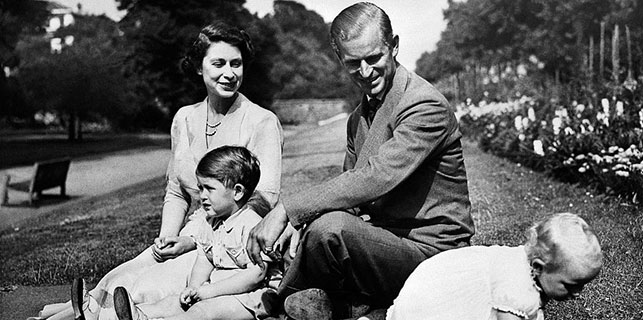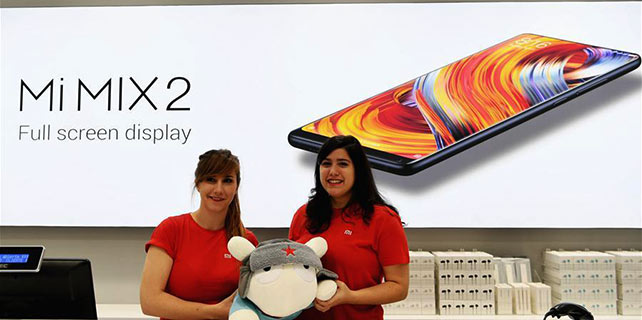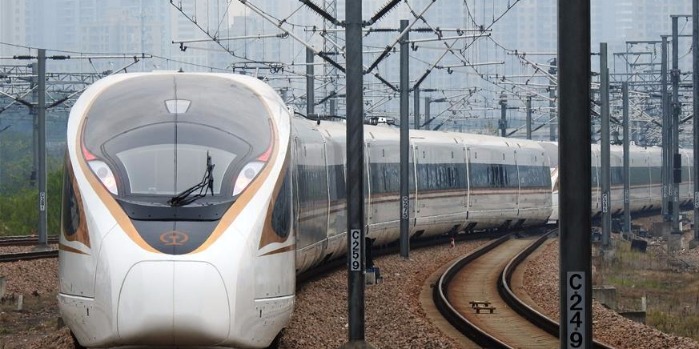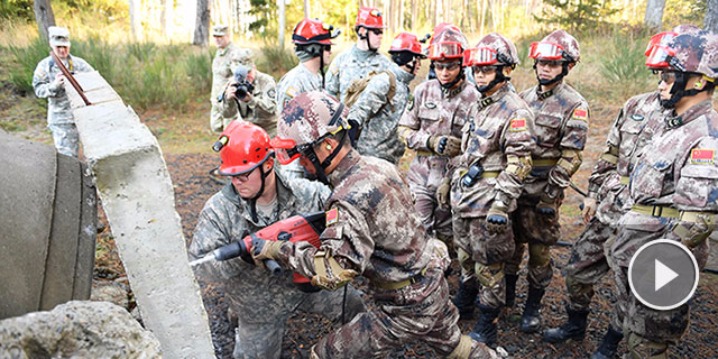Hope PUBG doesn't become a money game
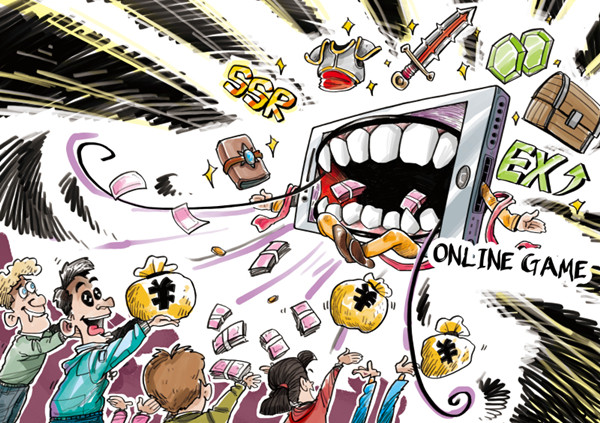 |
|
Online game [Cai Meng / China Daily] |
When you or your team, having landed on a small island together with your competitors, kill all your rivals and become the only survivor, that phrase will pop up along with the victory sign.
Player Unknown's Battlegrounds, a video game created by South Korean company Bluehole, has sold more than 20 million copies across the world since landing in cyberspace in March, with Chinese players accounting for at least 40 percent of the sales. Besides, the game was named the best PC Game of the Year, based on public voting, at the 35th Golden Joystick Awards ceremony in the United Kingdom on Nov 18. And according to steampowered.com, a website specializing in game downloads, the number of PUBG players online reached 2,016,498 on Oct 11, a world record.
On Wednesday, domestic internet giant Tencent announced on its official micro blog that it had become the exclusive agent for Player Unknown's Battlegrounds in China. Given the game's popularity in China, a PUBG agency in the country is good news for Chinese players, not least because the latter will get their own domestic servers.
Chinese players have to log in via overseas servers to download or play the PUBG, which causes such a lag in the game that many people choose to pay about 30 yuan ($4.5) a month to rent an accelerator online. Now that official domestic servers are being opened, Chinese players can play the game smoothly and without paying any extra money.
Moreover, the official Chinese agency is expected to launch a modified version of PUBG to better meet Chinese players' needs, as well as provide the game menu in the standard Chinese language.
Yet, surprisingly, after Tencent announced it had become the sole PUBG agent, nine of the 10 hottest comments on its micro blog were similar: Will they charge us money for better equipments?
Jokes aside, the online comments are not baseless, as many of the cyber games developed by Tencent, in essence, have turned out to be "money games", in which the more a player pays the more more powerful weapons or equipment he or she gets. As a result, even a newcomer could beat those who have been playing the games for two years or more.
PUBG follows a totally different mode. It is fair, to begin with. And whether or not you can win depends on nothing but your skills. Some weapons in the PUBG are more powerful than the others — you can practice to get them in the game, but cannot buy them with real money. Which is a key reason why PUBG has attracted so many players around the globe. As a PUBG player said on a micro blog: "It is absolutely a fair game. By playing it, we can escape from the real world for an hour." In comparison, Tencent has made a lot of money from its "money games". Tencent Holdings' financial report for the first quarter of this year, released on May 17, showed its first-quarter revenue was 49.5 billion yuan, 34 percent, or 22.8 billion yuan, of which came from cyber games. Since the majority of Tencent games can be downloaded for free, it is clear that a high percentage of its revenue comes from the extra payments players are prompted to make.
Many cases of children stealing their parents' money to pay for cyber games have been reported. And if children learn that they can buy "superiority" with money, they might grow up believing that money can buy anything, which would certainly not be good for society.
Let us hope Tencent executives read the comments on the company's micro blog and let PUBG stay as it is, and perhaps change the mode of their other games.
The author is a writer with China Daily. zhangzhouxiang@chinadaily.com.cn



